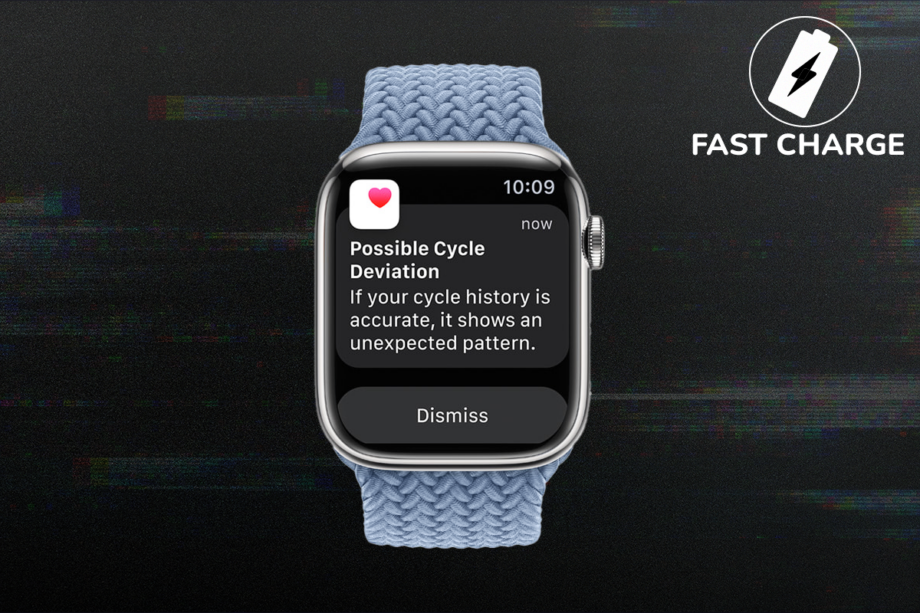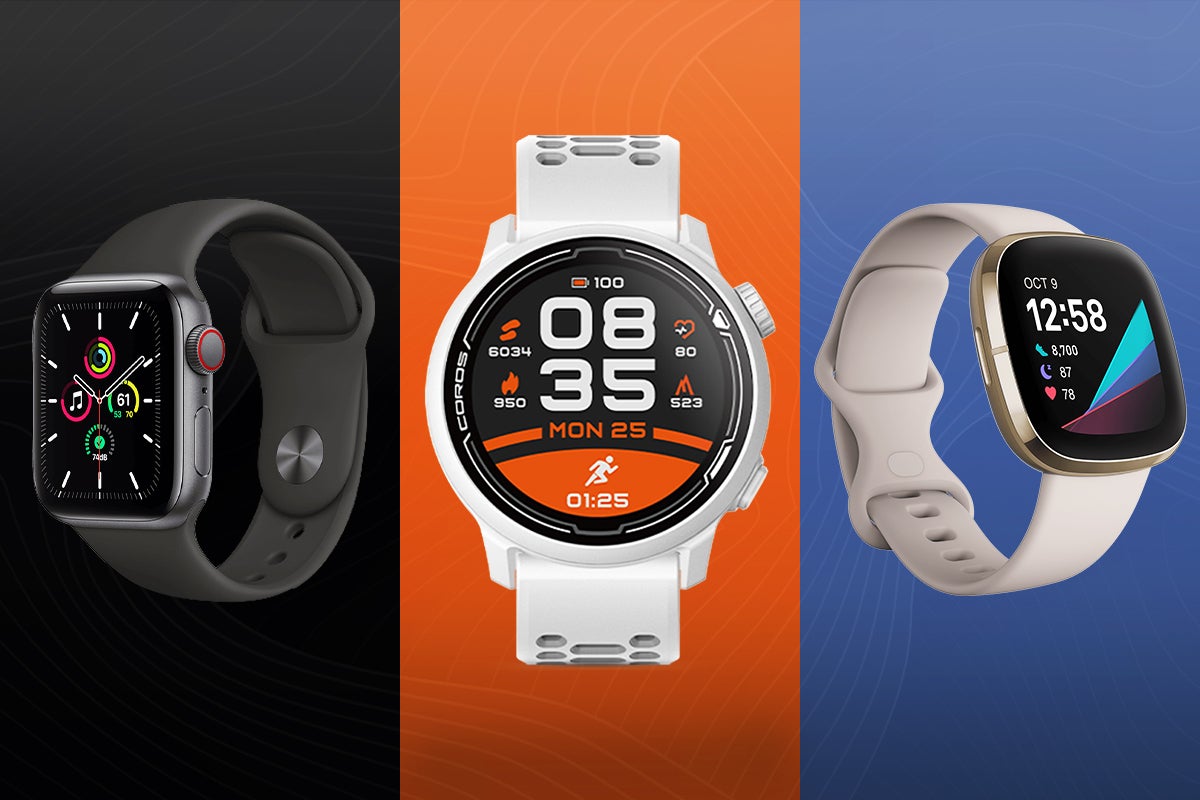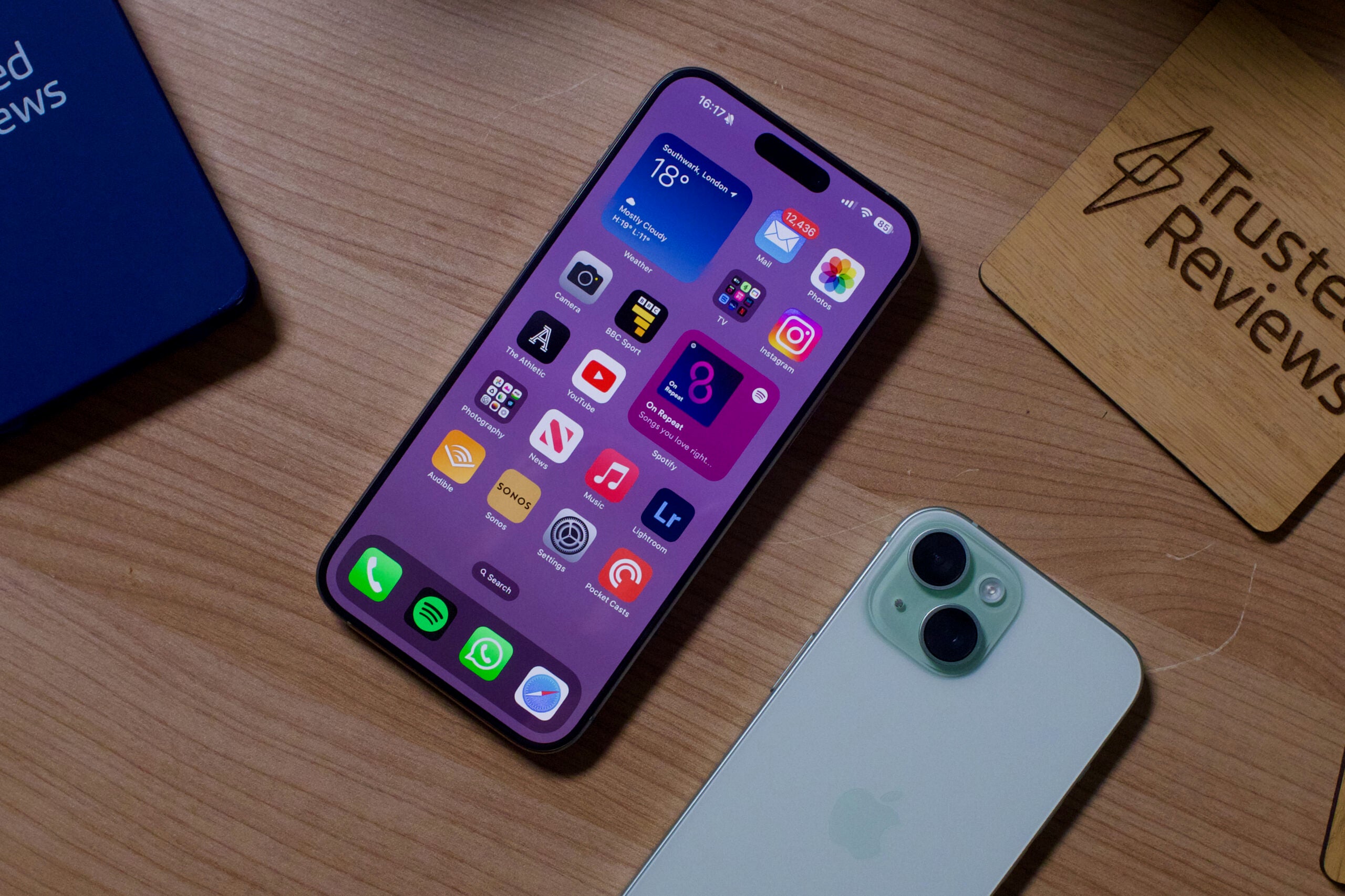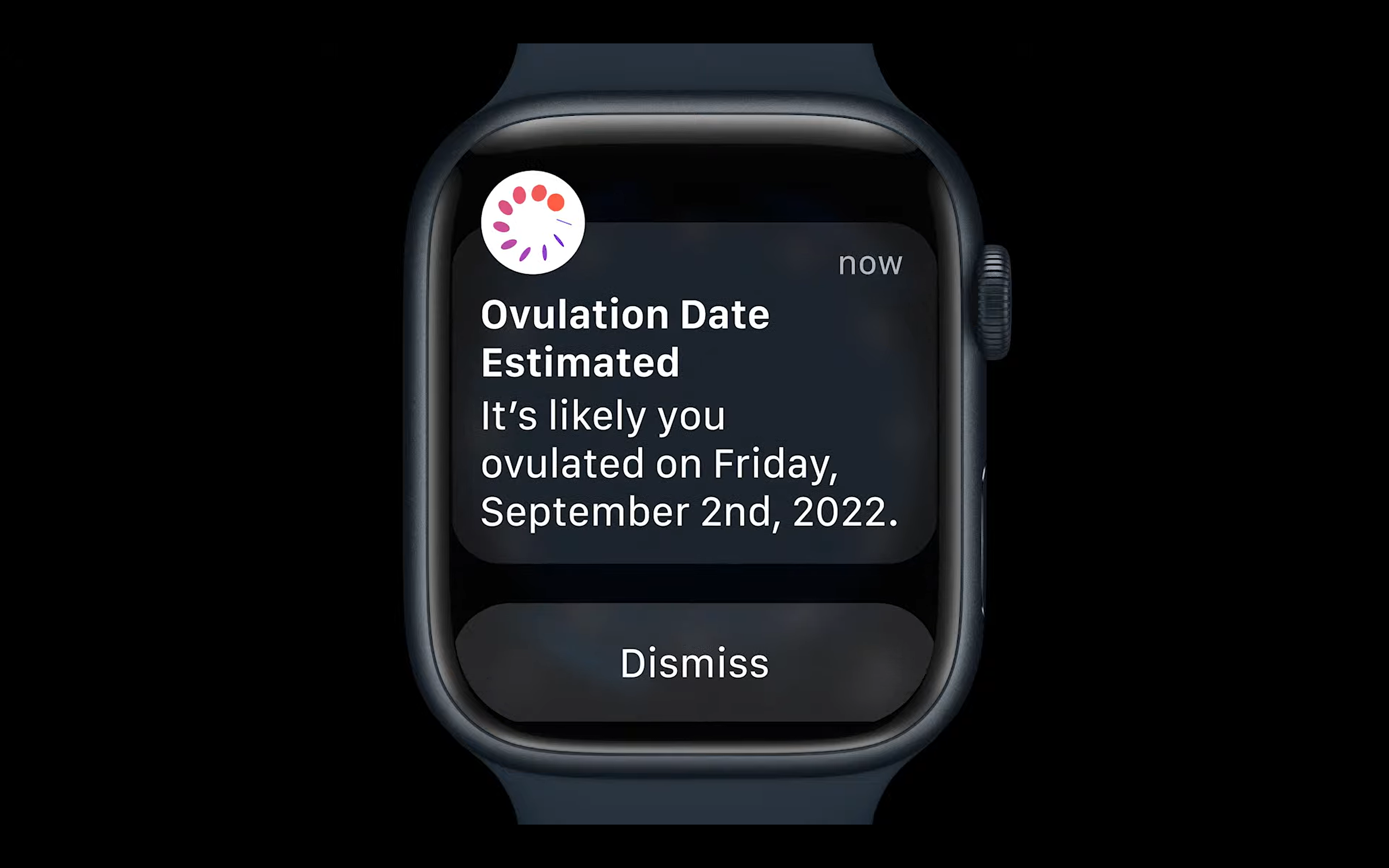Fast Charge: The Apple Watch 8’s cycle deviation tracking couldn’t have come at a worse time

OPINION: One update coming to the Apple Watch this year is its new temperature-sensing capabilities for women’s health. However, the feature seemingly couldn’t have come at a worse time.
The dual sensor design equips the Apple Watch 8 with a number of new Cycle Tracking features, including retrospective ovulation estimates and notifications for cycle deviations, such as irregular, infrequent and prolonged periods and persistent spotting.
By tracking these changes, Apple can alert users to symptoms of fibroids, PCOS and, potentially, pregnancy. The ovulation estimates, meanwhile, could give users a better idea of when they may have conceived.
It’s a strange decision on Apple’s part to announce these features now, just months after period tracking apps saw a mass exodus of users concerned about the way these apps handled their personal data and the potential risk of information being handed to authorities.
This was triggered by the Supreme Court’s renewed position on Roe v. Wade, a ruling that, up until June, had protected women’s rights to abortion at a federal level in the US.
The ruling prompted concerns as to how committed period tracking apps are to protecting user information – particularly in states where authorities could ask apps to hand that data over to aid in abortion cases.
Companies are no strangers to complying with police investigations.
According to a report by Protocol, in the case of subpoenas and other demands, companies are able to push back when asked to provide individual user data, but they give up information close to 80% of the time.
That isn’t to say that fertility apps will when it comes to period tracking data – there doesn’t appear to be a case that has set a precedent in this regard yet – but the possibility has been enough to warn many women off keeping this sensitive data stored on their phones.
When it comes to Apple’s own stance on privacy, here’s what the company has to say regarding its Health app:
“When your device is locked with a passcode, Touch ID, or Face ID, all of your health and fitness data in the Health app — other than your Medical ID — is encrypted and inaccessible by default. Additionally, if you are using iOS 12 or later and turn on two-factor authentication, Apple will not be able to read your health and activity data synced to iCloud”.
Your Medical ID is the exception as it is designed to be visible to first responders and emergency contacts even when your phone is locked.
Apple appears to have a decent track record when it comes to refusing to share data with authorities, but it’ll be up to individual users to decide whether Apple can be trusted to protect their cycle tracking data when the precedent is eventually set.





